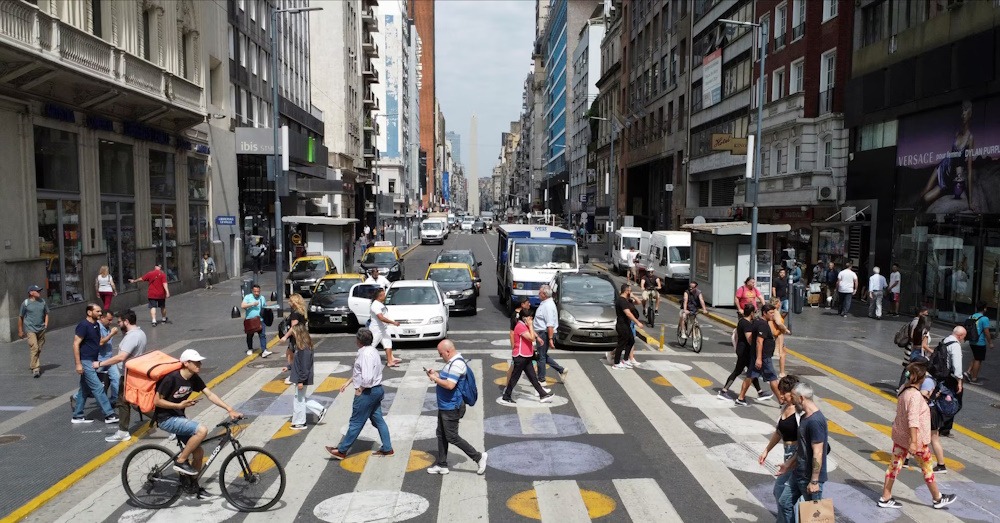Inflation on the Rise: Housing, Transport, and Financial Services Push Costs Higher
In June, monthly inflation in Buenos Aires increased to 2.1 percent, as reported by the official statistics bureau of City Hall. The figure reflects a half-point decrease from the previous month, during which consumer prices experienced a rise of 1.6 percent. In April, there was an observed increase of 2.3 percent. Prices have risen by 15.3 percent in the first half of the year – a significant decline compared to prior years. According to City Hall, prices have experienced an increase of 44.5 percent over the past 12 months.
The most significant growth in June was observed in financial services (up 3.5 percent), housing (3.1 percent), and transport (3.1 percent). Food prices increased by 1.6 percent, with significant increases observed in bread and baked goods (2.4 percent), meats (1.8 percent), and dairy products (1.1 percent). The 1.4 percent decline in the price of vegetables, tubers, and legumes partially mitigated these effects. The increase in housing expenses was primarily influenced by modifications to public utility rates and rental agreements. Transport inflation primarily stemmed from fare hikes for urban buses, coupled with rising fuel costs.
Healthcare expenses rose by 2.6 percent, subsequent to modifications in prepaid healthcare plans. Alcoholic beverages and tobacco experienced a rise of 2.9 percent, aligning with the increase observed in recreation and cultural services. In contrast, clothing prices exhibited minimal movement, registering a mere 0.3 percent increase. Goods experienced an inflation rate of 1.4 percent, whereas services saw an increase of 2.6 percent. According to City Hall, seasonal prices increased by 1.2 percent, while regulated prices saw a rise of 2.4 percent.
Last month’s increase in prices in the City had been largely expected by private consultancy firms and may serve as an early indicator for the nationwide inflation figure, which is set to be published by the INDEC national statistics bureau on Monday, July 14. In May, inflation decreased to 1.5 percent nationwide, falling below the monthly two percent threshold for the first time since July 2020.

